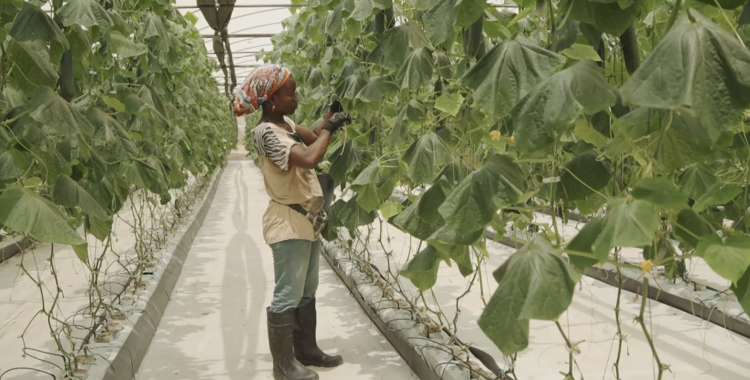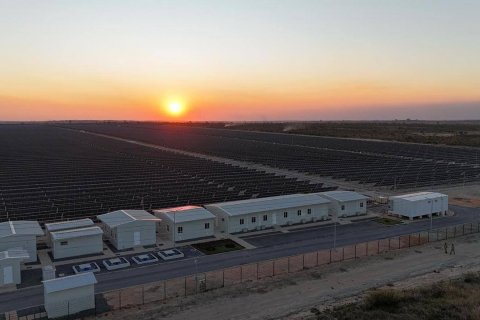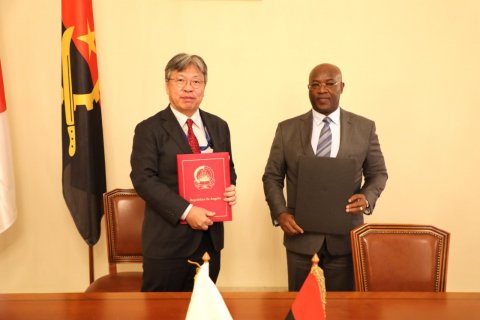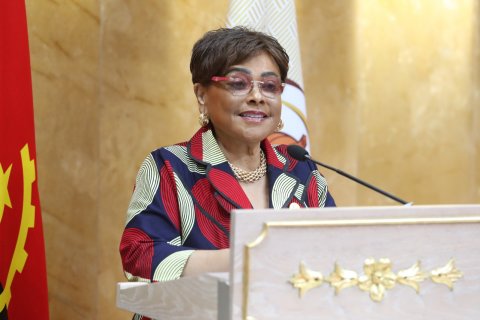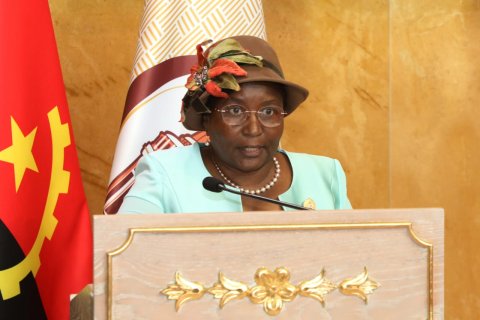Antoinette Sayeh, who participated in a debate on economic diversification promoted by the Catholic University of Angola (UCAN), said that there are two types of policies to promote economic diversification – horizontal and vertical – and that Angola can learn lessons from other countries highly dependent on the Petroleum.
Among these, she pointed to Malaysia and highlighted the beneficial effects of horizontal policies, including macroeconomic stability policies, human capital development and bureaucracy reduction that create a favorable environment for investment.
In the case of vertical policies that include, for example, public-private partnerships, special economic zones or tax incentives, with measures designed for specific sectors, the IMF recommends a careful evaluation, measuring the pros and cons and effectiveness in the face of deficiencies. in the market it intends to fill.
In the case of tax incentives, he warned that these are not always necessary and may not be justified in a country with a lack of tax revenue, in addition to being subjective and more susceptible to corruption.
"Therefore, they must be implemented in a very transparent way", recommended the Liberian economist who was also her country's Finance Minister.
As for economic diversification, "you need to think about the long term, because it doesn't happen overnight", and this is one of the aspects that "Angola needs to reflect on", highlighted Antoinette Sayeh.
For the economist and director of the Center for Studies and Scientific Research at UCAN, Alves da Rocha, it is necessary to abandon the "extremely economic and reductive vision" of economic diversification, which must be seen in its anthropological and sociological aspects
Alves da Rocha - who regretted the absence of the Minister of Planning, Vitor Hugo Guilherme, in the debate to which he had been invited - highlighted that diversification in Angola "is not happening", adding that the State continues to have many vectors that hinder free enterprise, namely bureaucracy.
On the other hand, Antoinette Sayeh recognized the efforts of the national authorities in macroeconomic terms, highlighting that "a path has begun", defending the continuation of reforms.
For economist Precioso Domingos, another member of the panel, diversification takes even longer when it is driven by "bad ideas", although he agrees that macroeconomic stability is one of the starting points.
The consultant also noted that the economy has not grown since 2014 and highlighted that the country is not free in economic terms.
"The fact that private companies are authorized to operate does not mean that we are in a market economy. It is not possible to have a central planner who thinks for all of us and will choose the sectors of activity", he criticized, adding that, contrary to what happens in other countries, "(in Angola) ministers don't go to debates, it's a shame".

